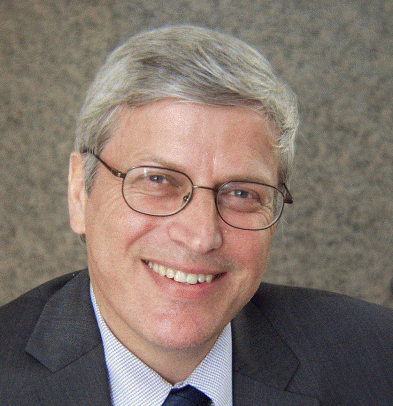"The Fragmenting Nuclear Nonproliferation Regime"

Amb. (Ret'd) Paul Meyer
Commentary by Amb. (Ret'd) Paul Meyer
Senior Fellow, The Simons Foundation
Published by Canadian International Council's OPENCANADA.ORG, Canada's Hub for International Affairs
May 15, 2014
Outside the spacious Trusteeship Council hall at the UN in New York where the Third Preparatory Committee for the 2015 Review Conference of the Nuclear Non-proliferation Treaty (NPT) has just concluded its work, there is a glass display case of the type that you might find in any museum. The five ceramic and glass items presented are not decorative pieces, but rather the distorted and shattered remains of ordinary bowls and bottles “fused together in the heat from the atomic bomb explosion at Hiroshima, Japan August 6, 1945.”
These scorched and twisted remnants of normalcy are a mute reminder as to what is at stake in the effort to shore up the crumbling nuclear nonproliferation and disarmament regime based on the NPT. For almost 70 years the world has avoided a reoccurrence of the use of nuclear weapons, yet some 17,000 of these arms remain in the arsenals of nuclear weapon possessing states. Several thousands of these weapons are maintained on “high alert status” with the ever-present risk of accidental, misinformed, or unauthorized launch. Human frailties being what they are, it has long been recognized by the 189 states parties to the NPT that the only guarantee that nuclear weapons will never be used again is their total elimination. Nuclear disarmament alongside non-proliferation and the peaceful uses of nuclear energy represent the three core “bargains” of the NPT, which entered into effect in 1970 and was extended indefinitely in 1995. Now, however, NPT members are seriously divided over how the Treaty commitments are being implemented. The five nuclear weapon states recognized under the NPT (US, Russia, UK, France, and China) argue that they are making progress on their disarmament obligations and that more attention needs to be paid to the threat of further proliferation. The non-nuclear weapon states, in general, see the efforts of the nuclear weapon states as insufficient and advocate for greater results to sustain their own respective commitments to non-proliferation....Continue reading at OPENCANADA.ORG
Amb. (Ret'd) Paul Meyer is a Fellow in International Security, Centre for Dialogue, Simon Fraser University in Vancouver, Canada, and Senior Fellow, The Simons Foundation.